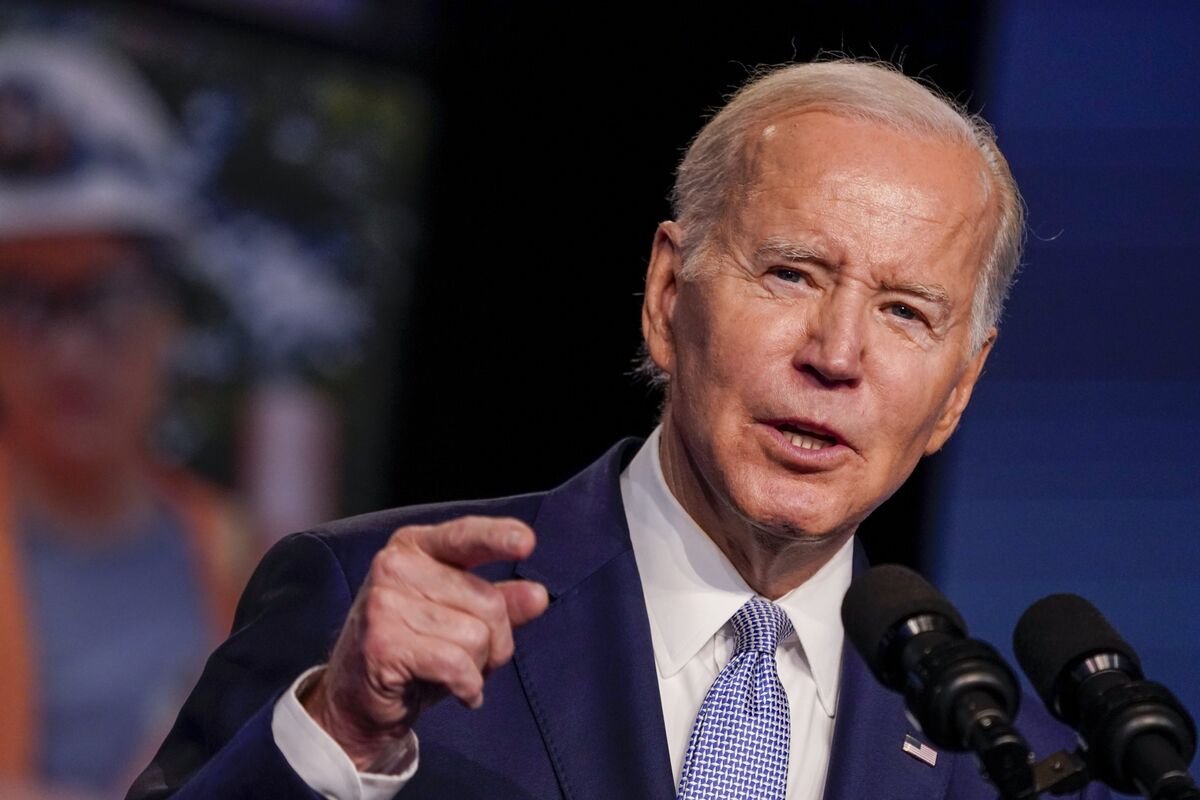Introduction
President Joe Biden’s pledge to ensure affordable internet access for all Americans faces a significant challenge. The Affordable Connectivity Program (ACP), instrumental in this initiative, is on the brink of running out of funds. This program has been a cornerstone of Biden’s agenda to bridge the digital divide, likening it to historical efforts to electrify rural America.
Key Highlights:
-
- 23 million families risk losing affordable internet as federal subsidies dry up in April 2024.
- The Affordable Connectivity Program (ACP) offers up to $30 monthly assistance, $75 on tribal lands.
- Without extension, beneficiaries face tough choices between internet access and other essentials.
- Bipartisan legislative efforts are underway to extend funding, but success remains uncertain.

The ACP offers financial assistance to qualifying households, easing internet costs. In most areas, families receive $30 monthly, with $75 provided on tribal lands. This support is critical for many, making internet access affordable and preventing difficult financial decisions.
The Impending Crisis
With the subsidy program expected to exhaust its funds by April 2024, the future looks bleak for millions of Americans reliant on this assistance. The potential expiry threatens to derail Biden’s ambitious internet-for-all goal, highlighting the urgency for congressional action to secure further funding.
Voices from the Community
The importance of the ACP is echoed in the stories of beneficiaries like Shirleen Alexander from Charlotte, who emphasizes how the subsidy directly impacts her ability to manage other living expenses. The program’s cessation would not only strain budgets but also limit access to essential services such as telehealth and remote education.
Legislative Efforts and Challenges
A bipartisan proposal seeks to extend the ACP with an additional $7 billion, surpassing Biden’s request. However, legislative progress is uncertain, reflecting the broader political complexities of securing continued support for the program.
The Role of the Federal Communications Commission (FCC)
As the program’s funds dwindle, the FCC has begun preparations for its potential end, advising internet providers to notify customers of the subsidy’s conclusion and halting new enrollments after February 2024. This step underscores the immediate need for a legislative solution.
State-Level Concerns
States like North Carolina, which have seen high enrollment in the ACP, express deep concerns over the impact of the subsidy’s end. The ACP not only facilitates internet adoption but also aids in extending infrastructure to underserved areas, amplifying its significance beyond immediate financial relief.
Conclusion
The impending expiration of the Affordable Connectivity Program subsidies poses a severe threat to Biden’s vision of universal, affordable internet. With millions of families at risk of losing access or facing higher costs, the situation underscores the critical need for congressional action. The story of the ACP exemplifies the broader challenge of ensuring digital equity, a goal that remains within reach with sustained commitment and bipartisan support.





























